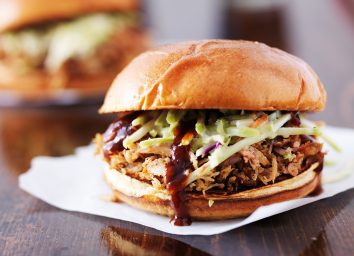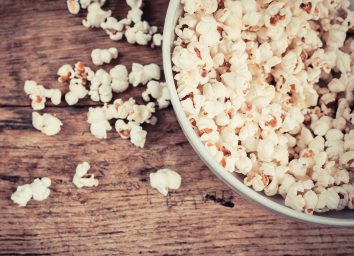9 Signs You’re Eating the Wrong Weight Loss Foods
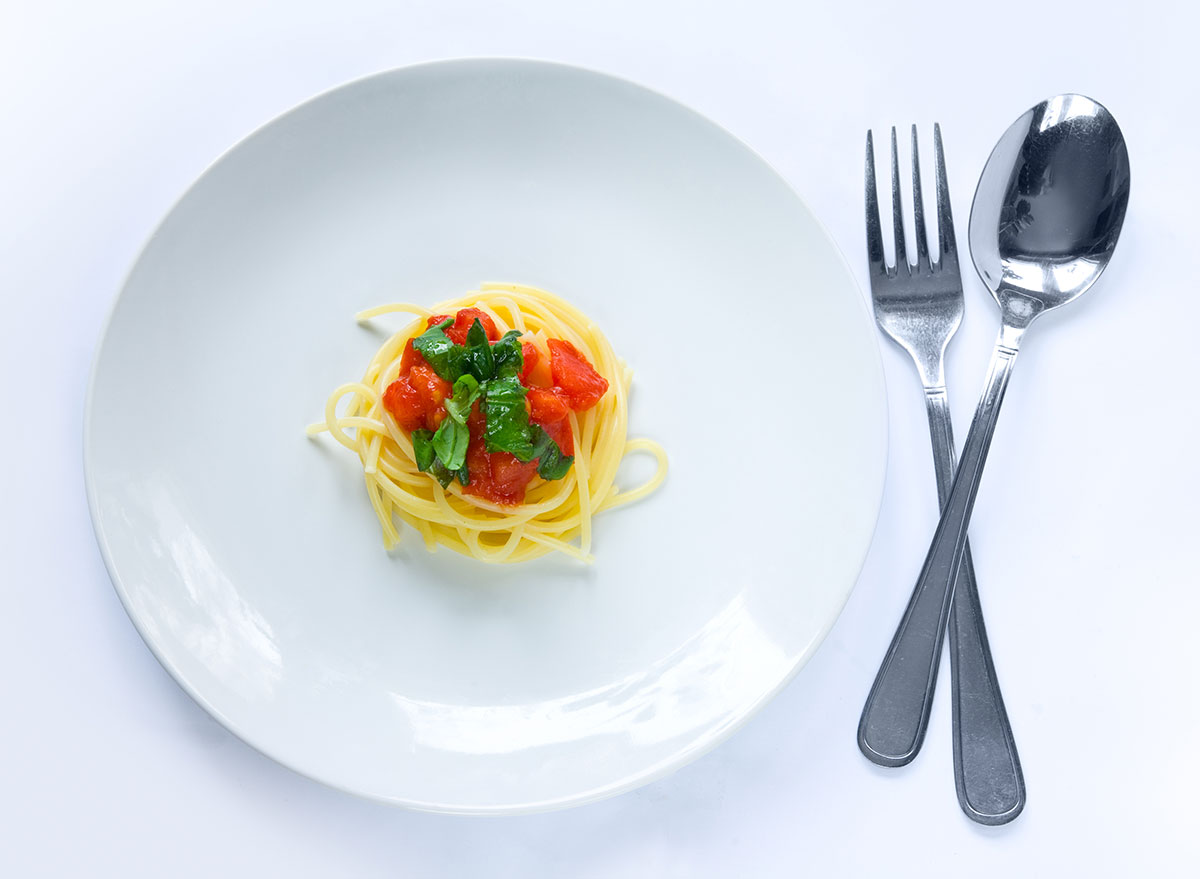
When trying to lose weight it can certainly become frustrating when those pounds aren’t shedding. Of course the question is…why? Why aren’t those pounds burning off like the weight loss plan promised? Many diet plans, especially fad diets, prescribe specific foods and sometimes they are just the wrong foods or inappropriate amounts of foods that just won’t work for weight loss. Here are 10 signs that you may just be eating the wrong foods in order to lose weight. To evaluate your diet plan, check out our expert-reviewed list of 21 most popular diets. Sign up for our newsletter to get the latest food and weight loss news delivered straight to your inbox.
You’re not actually losing weight
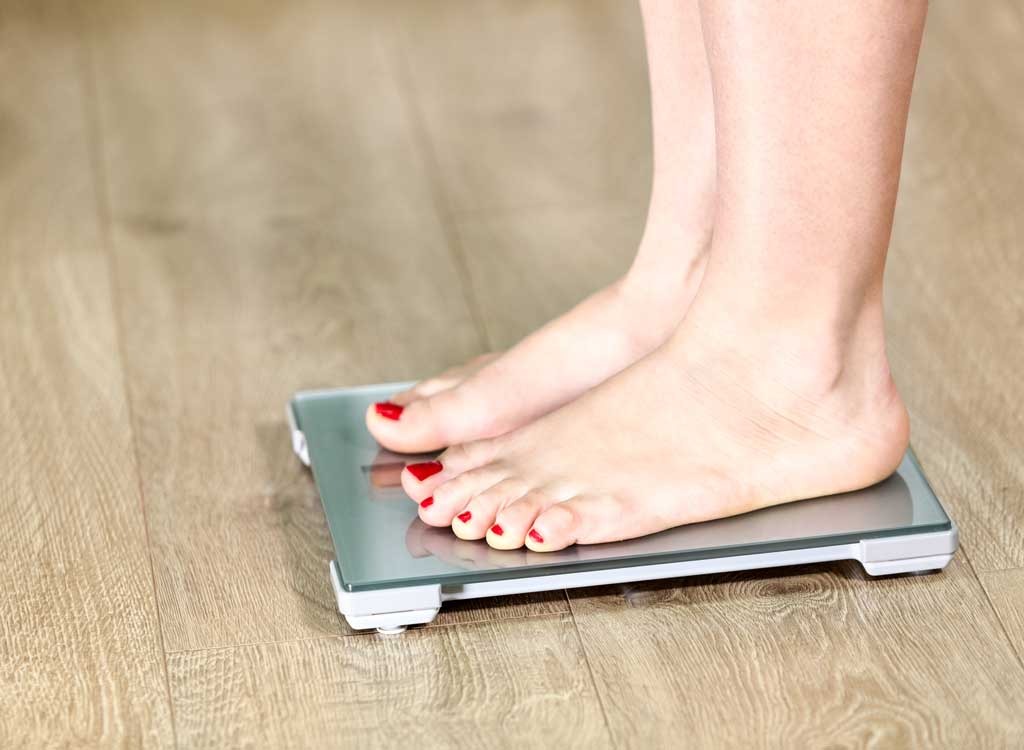
The number one sign that you’re probably eating the wrong foods is that the numbers on the scale aren’t going down. According to the National Institute of Health, a safe rate of weight loss is one to two pounds per week. You won’t see any major changes on a daily basis, but that scale should be showing slow progress over time. Here are some strategies to overcome the weight-loss plateau.
Your jeans are still snug
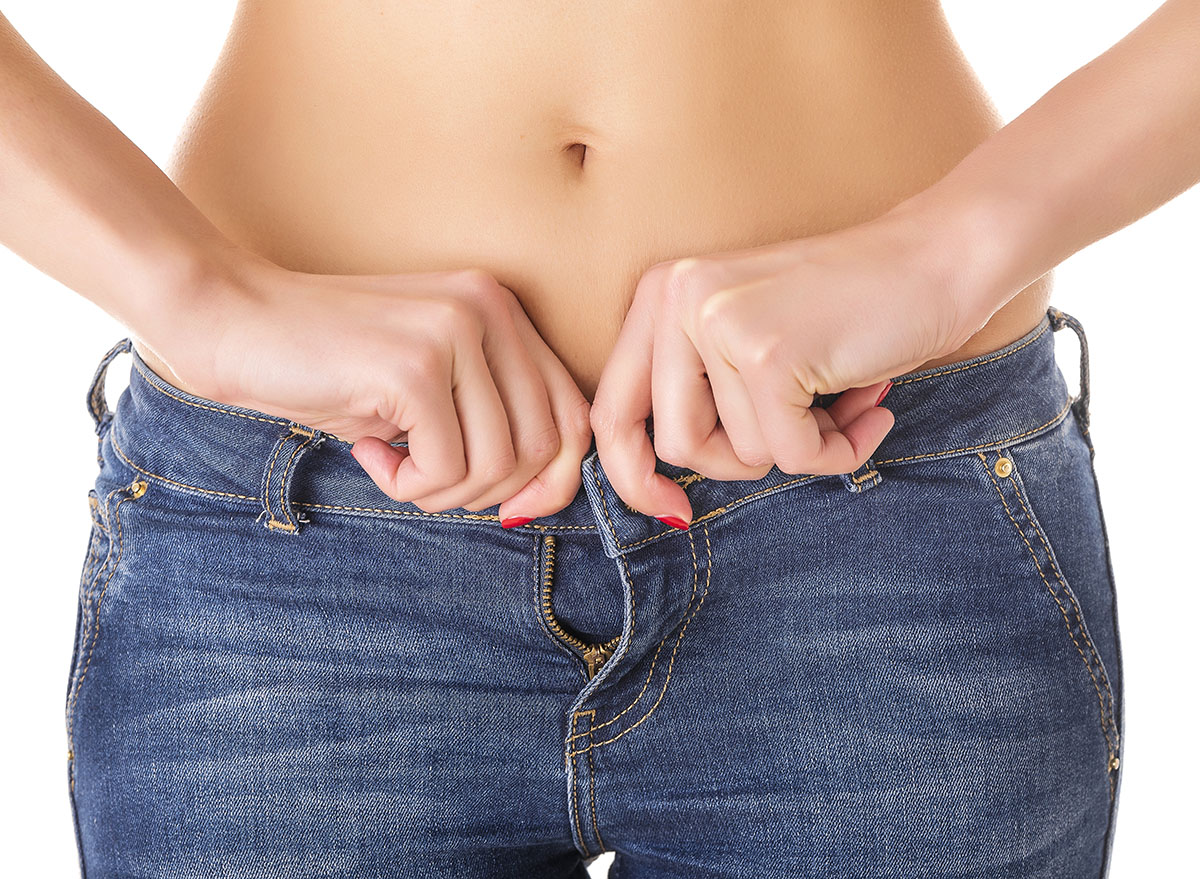
One weight-gain sign I always warn clients about is if their pants are fitting too tight. You can use that same indicator for weight loss. If your clothing is still snug and hasn’t become roomier, then that’s a sign that weight loss in key areas just isn’t happening. Walking can be a great addition to your diet, here’s how to start walking for weight loss.
You’re eliminating entire food groups
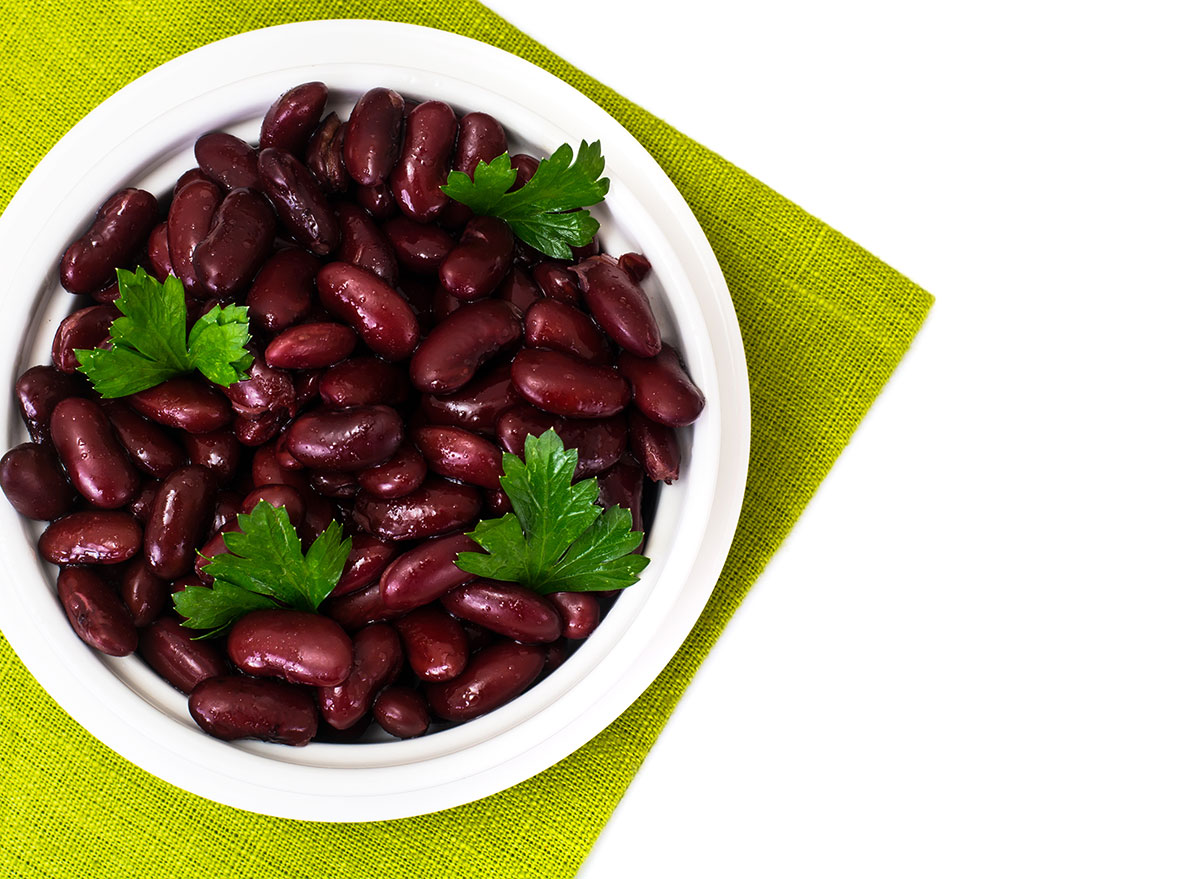
If you’re eliminating entire food groups, this may be a sign that you’re eliminating the wrong foods. Some diet plans, like keto, can have you eliminating or limiting lower calorie foods like fruits and vegetables and replacing them with higher calorie food, like oils. This can mean that you’re taking in too many calories and therefore, not losing weight. Check out our list of 40 Best Belly-Shrinking Foods.
Your cheat days are extra indulgent
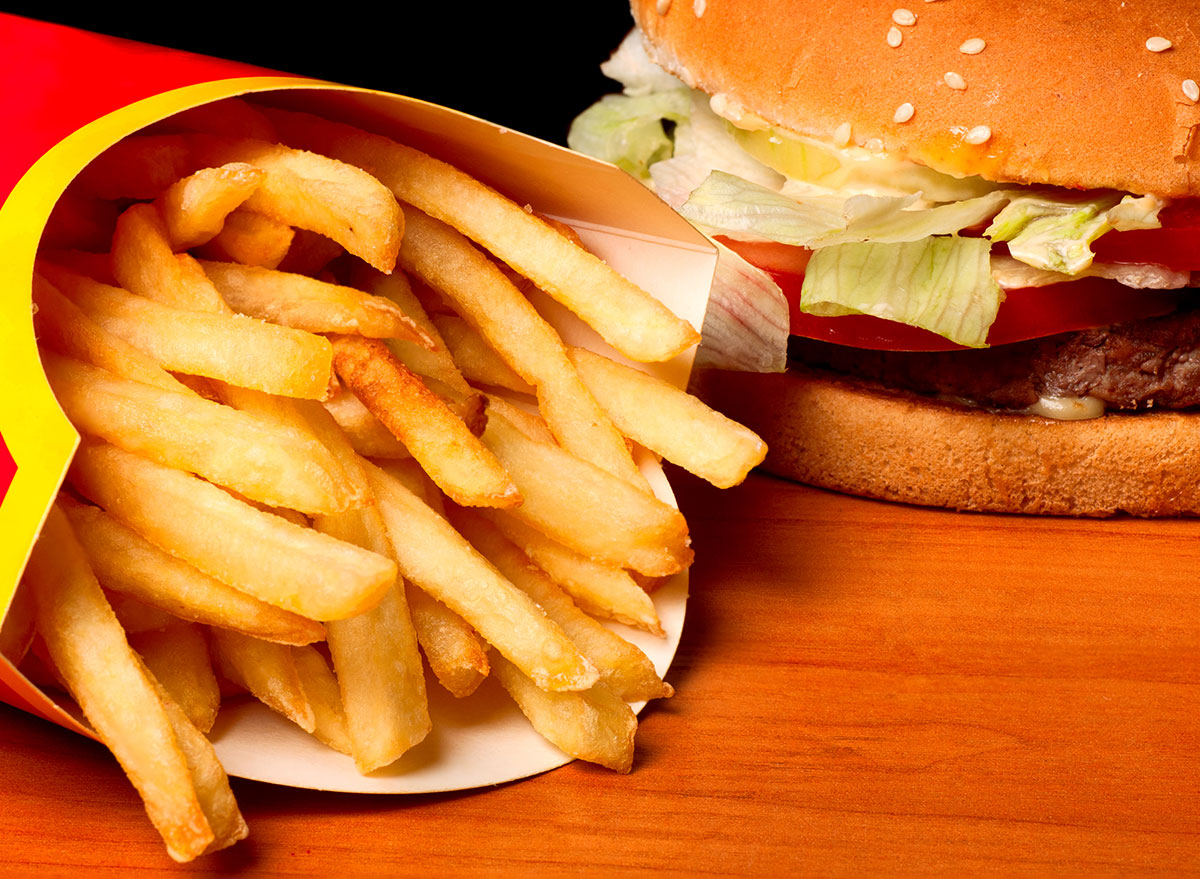
Some diets have you eating whatever you want during certain days or times of the week. For example, a diet may allow for a cheat day over the weekend where you can eat whatever you want. If that cheat day consists of double or triple the calories you normally eat from high calorie foods like mega-sized burgers and fries, it can sabotage those weight loss efforts. Here’s how to have an effective cheat day without compromising your weight loss.
You’re not watching portions
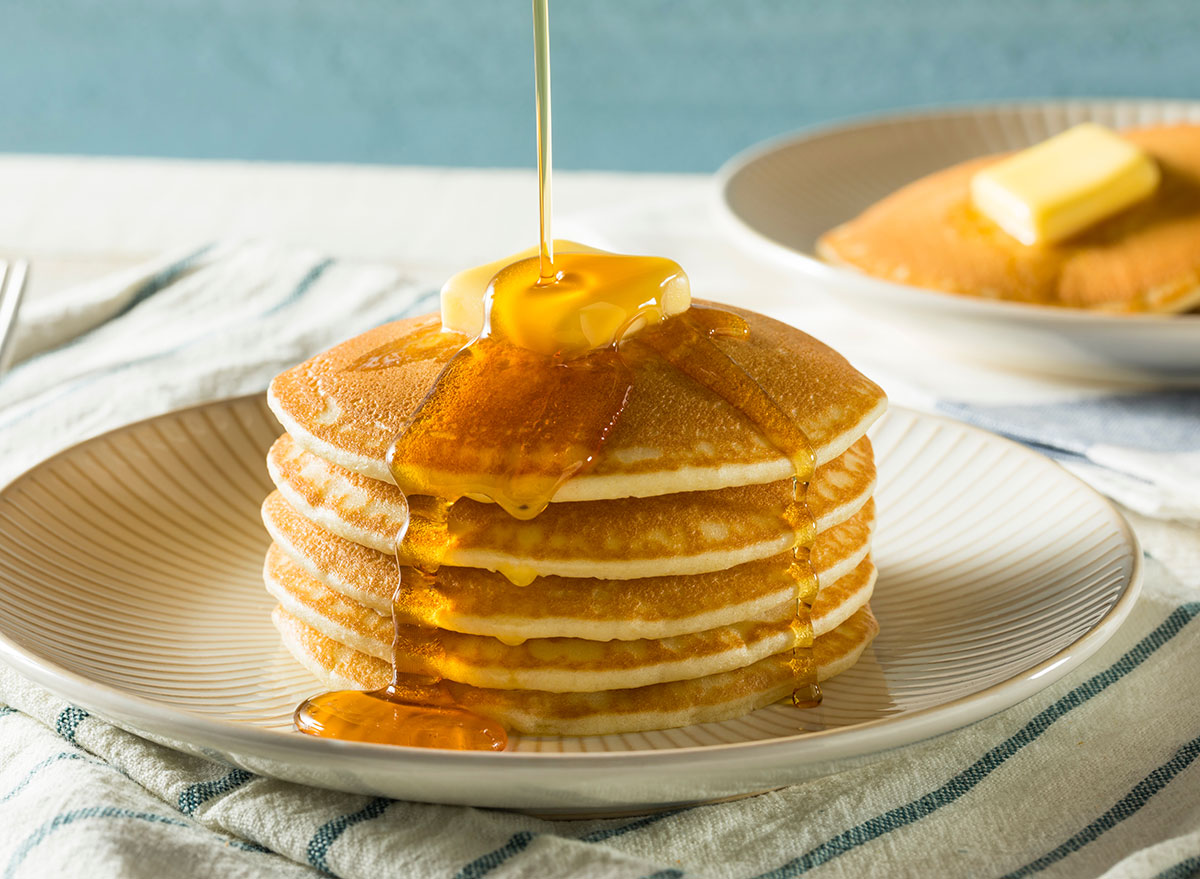
Some diets have you eating without paying attention to portions. It could be that you’re eating the right foods, but perhaps in larger portions than your body needs. Overly abundant portions inevitably leads to eating more calories, and that can certainly lead to no movement of the scale. When going out to eat, make sure you steer clear of 13 Most Shocking Restaurant Portions.
You’re eating fewer than 1,200 calories per day
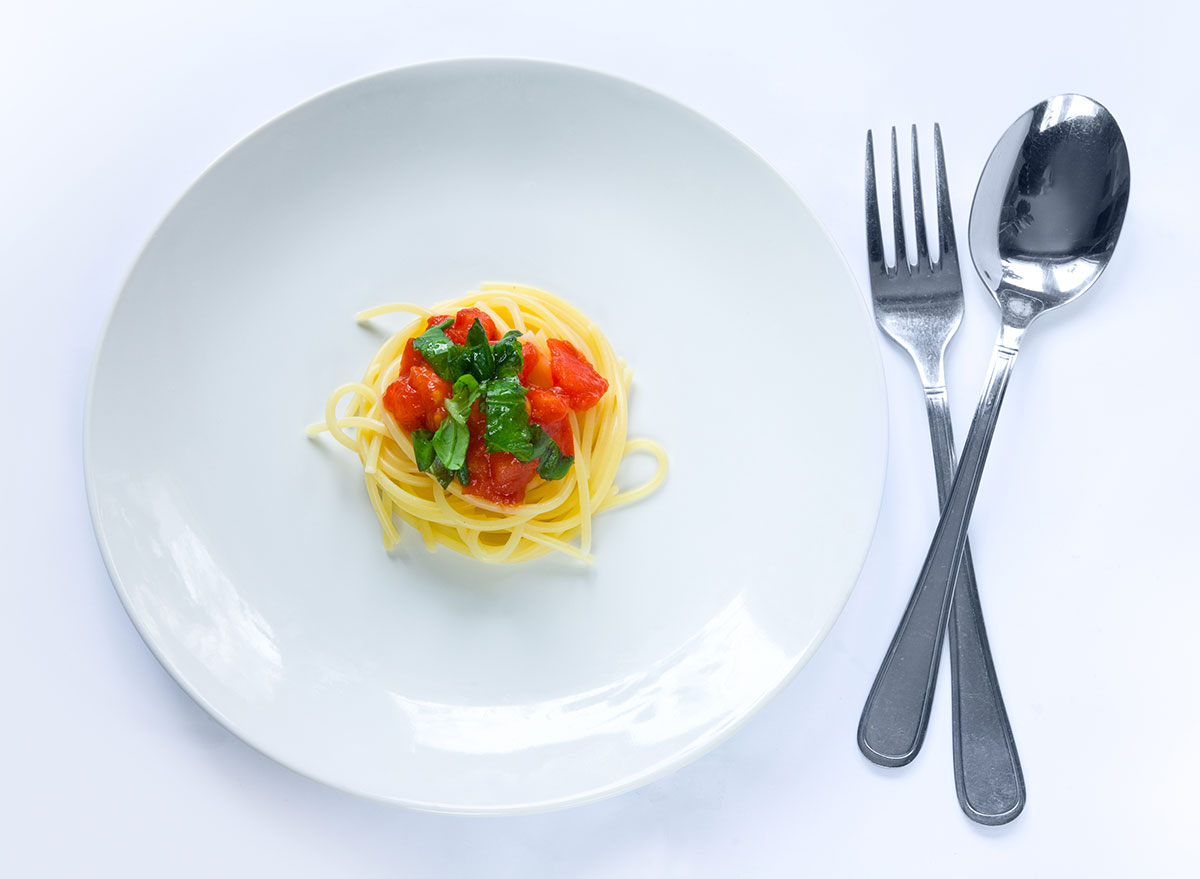
If you think that eating fewer calories will always result in a greater weight loss, that isn’t the case. Once you eat fewer than 1,200 calories your body will start acting like it’s in starvation mode and hold onto your precious fat to save it as emergency energy. Any weight loss plan that has you eating less than 1,200 certainly doesn’t have you eating enough.
You’re keeping track of calories but not food groups

There are many methods to keep track of what you’re eating. You can count calories, plan your meals, look at portions, or build a plate (such as the USDA’s MyPlate). However, any plan where you’re not tracking your food groups may just have you eating the wrong things and too much of them. Here’s why counting macros is different from calorie counting.
You’re frequently eating processed foods
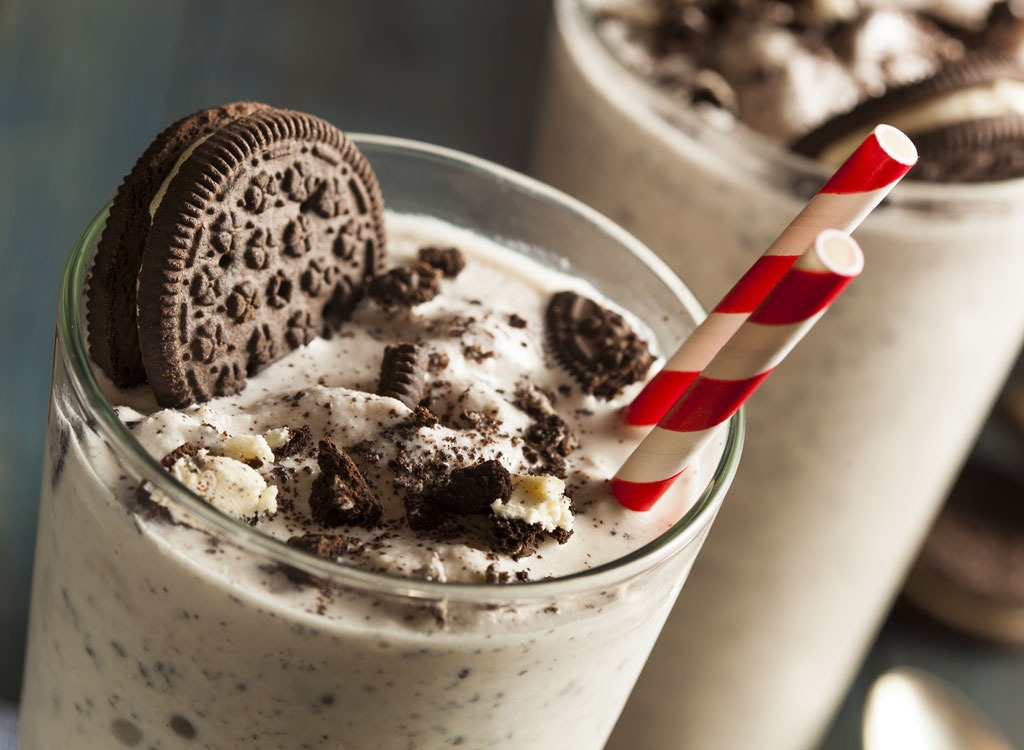
Shakes, bars, or other highly processed foods are part of many diet plans. However, most of these overly processed foods also come with a high calorie tag. If you’re eating many of those a day, I hate to say it, but you may just be lining the pockets of Big Food companies, while your pant just keep getting tighter. Here are 21 Things That Happen to Your Body When You Stop Eating Processed Foods.
You have a gut feeling the food isn’t right
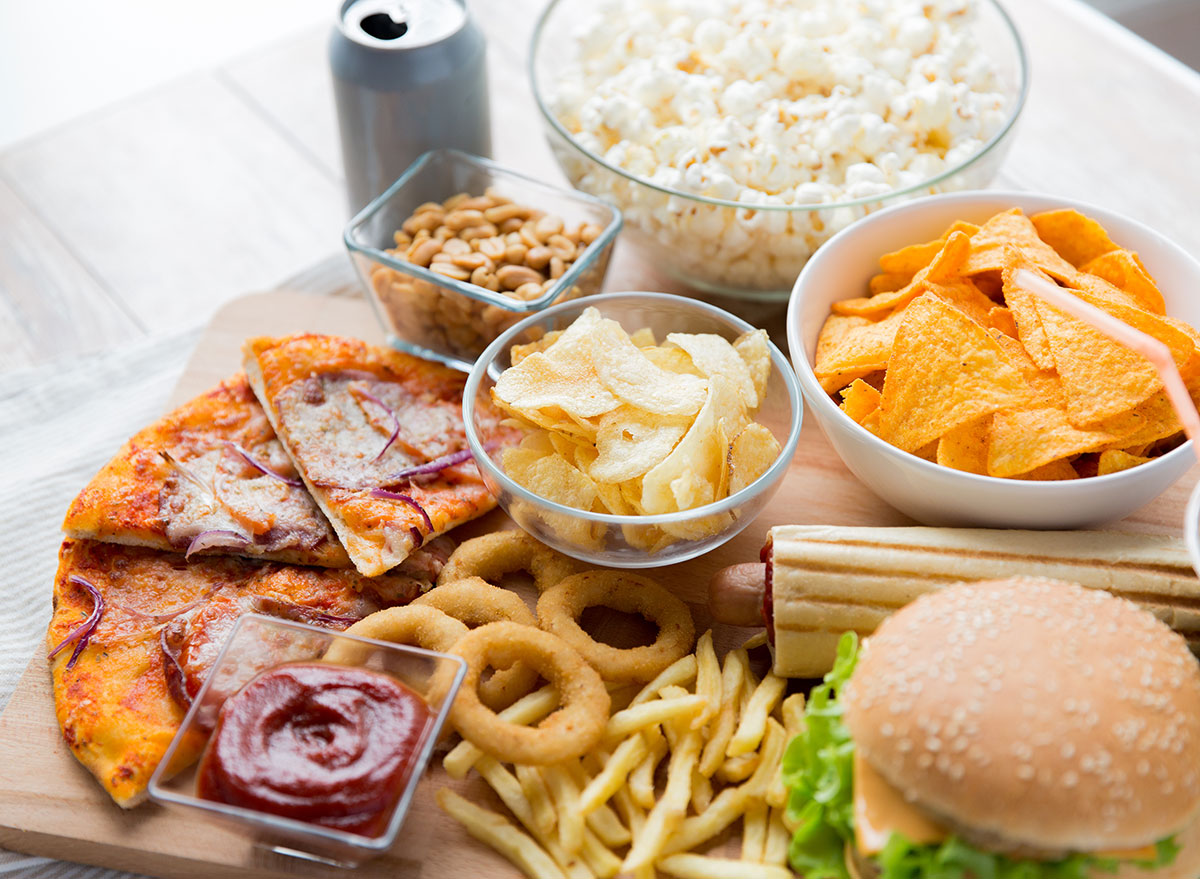
Maybe your diet is giving you indigestion, or some of the foods you’re eating just aren’t sitting well. Sometimes you need to listen to your gut, and if it’s telling you that the recommendations on your plan aren’t working for you, it may very well be the case. If you’re unsure if the foods or diet plan you want to try is one to help you lose weight in a healthful way, seek professional assistance from a registered dietitian nutritionist (RDN). You can find an RDN in your area by going to the Academy of Nutrition & Dietetics website and clicking on the “Find an expert” button.


